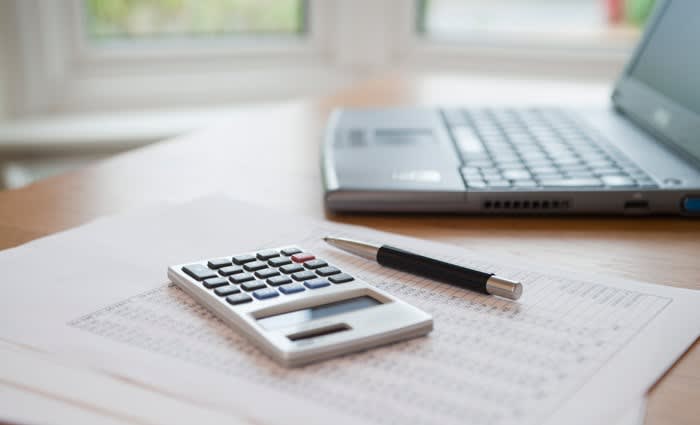Property 101: Leases to become key feature on company balance sheets
By 2019, all Australian companies reporting under the International Financial Reporting Standards (IFRS) will be required to comply with new global rules on leasing following the release in January of a guide Lease Accounting Standard by the International Accounting Standards Board (IASB).
The Australian Accounting Standards Board (AASB) announced on March 1 it was adopting the new standard.
The new legislation will change the way leases are reported on company balance sheets and will be implemented in 2019. But listed companies will be required to start comparative reporting in 2017 which means decisions need to be taken about future assets and leases
A new paper by property services firm JLL says the impact would is potentially huge for Corporate Australia real estate occupiers. Leases will become a key feature on company balance sheets, effectively inflating assets and liabilities.
It is advising Australian corporates to start analysing the day one impact of their leased property portfolio on their financial statements.
“The new standard will meet the need for greater transparency of companies’ lease assets and liabilities, which are currently off balance sheet. However, it will be a significant administrative burden for companies to adhere to it. In particular retailers, leisure operators, banks and other companies that rely heavily on real estate leasing, will have dramatically increased financial reporting obligations,” says Sylvia Koh, head of Corporate Consulting, Asia Pacific at JLL.
Key considerations for businesses include:
* Review current real estate portfolios and lease arrangements
* Re-assess the merits of owning assets outright versus lease arrangements
* Re-evaluate lease tenure and structuring of lease (for example short-term versus long-term, rent review type and end of lease mechanisms)
“Given there will no longer be an off-balance sheet advantage of leasing, the question many companies will need to consider is – own or lease?” said Tony Wyllie, JLL’s Australian head of Corporate Solutions Integrated Portfolio Services.
“Items requiring inclusion on company balance sheets from 2019 onwards include rent payments and fixed rental uplifts.
“For companies that draw heavily on lease arrangements, we are encouraging them to start preparing now for the changes, because as early as 2017 they must start preparing comparative financial statements under the new standards to meet with annual reporting requirements.
“If the goal of companies is to minimize the impact of leases on balance sheets, then they will need to carefully assess the options of owning, future lease structures and the key commercial aspects of leases such as – lease terms, rent terms and options,” said Wyllie.
Added Koh, “Going forward we’re likely to see changes in terms of how real estate deals are structured; more companies will explore flexible options such as serviced offices and co-working spaces; and there may be increased interest in considering owning versus leasing real estate.”
She said while the changes would be gradual, companies need to act swiftly.
“If you currently don’t have your lease data in a structured fashion that is of auditable quality, it will be important to get the right advice and resources to put it in order as the immediate first step towards complying with the new standard.”
